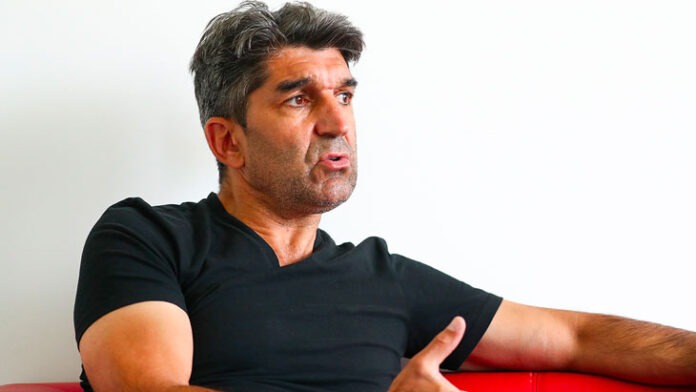French football has long been admired for its ability to produce technically gifted and tactically intelligent players. Behind this success lies a system built on structure, education and patience. Few people know this better than Manuel Pires, who spent his playing career in France before moving into youth development roles at AS Monaco and OGC Nice.
Speaking with The Football Week, Pires offered an inside look at the methods, challenges and evolving future of youth football in his country.
A culture of precision and progress
French academies are known for their discipline and attention to detail. The French Football Federation enforces strict national standards to ensure a unified level of quality across the country. From local amateur clubs to elite centers such as INF Clairefontaine, young players are guided through a system that combines technique, understanding of the game and tactical versatility.
Pires explains that this structure is what keeps France among the leading nations in player production. “Our system develops complete players. It’s not only about technical skill but also about intelligence and adaptability. That’s why French players often adjust so quickly abroad.”
Our system develops complete players. It’s not only about technical skill but also about intelligence and adaptability.
This nationwide network of training centers and amateur clubs allows talent to be identified early and supported consistently. The balance between centralized training and club-based academies has created a model that many countries try to imitate but few can truly match.
The fight behind the dream
For every young player dreaming of a professional career, the path is brutally competitive. France’s academies may be among the best in the world, but that also means the standards are unforgiving. Only a small percentage of those who join will ever sign a professional contract.
“From the first day in an academy, you feel the pressure,” says Pires. “Every session is a test. A bad performance or an injury can change everything.”
Off the pitch, the struggle is no easier. Many players come from modest backgrounds and see football as a way to change their lives. That brings motivation, but also pressure from families, agents or social expectations. “The environment around a player is crucial,” Pires continues. “The right people protect you. The wrong ones can destroy your progress.”
He adds that the mental side is often underestimated. In an era dominated by social media, young players face public criticism at an early age. “They are exposed before they are ready. You need to be mentally strong just to survive.”
They are exposed before they are ready. You need to be mentally strong just to survive.
More than football
Education plays a key role in France’s approach to player development. The FFF requires every professional club to guarantee formal schooling until the age of 18. Many academies partner with schools to allow flexible schedules so players can study and train without losing balance.
“Education gives them stability,” says Pires. “It makes them better footballers and better people. Not everyone becomes a professional, so they must be prepared for life beyond the game.”
Players who fail to secure professional contracts are supported through retraining programs and alternative career paths, from sports management to coaching or physiotherapy. The goal is to ensure that football shapes their future rather than limits it.
Preparing for the next step
The transition from youth to professional football is one of the hardest stages in any career. Pires focuses on a complete approach that combines technical, tactical and mental preparation. He encourages players to work on decision-making under pressure, to study their performances, and to develop leadership and communication on the field.
He also emphasizes the importance of humility and patience. “Talent is nothing without work. The ones who succeed are those who listen, who learn and who keep their feet on the ground.”
The next generation
Looking ahead, Pires sees technology and individualization as key trends shaping the future. GPS data, video analysis and even virtual reality are now part of modern training. But he insists that technology should serve the coach, not replace him. “Data helps us understand performance, but football remains human. You can’t measure passion or creativity with a computer.”
French youth development continues to evolve, but its essence remains the same: discipline, intelligence and love for the game. For Pires, that mix is what keeps producing new generations of players ready to meet the demands of modern football.
“Our responsibility,” he says, “is not just to create professionals. It’s to help young people grow into balanced, confident individuals. Because when you form a complete person, you form a complete player.”

